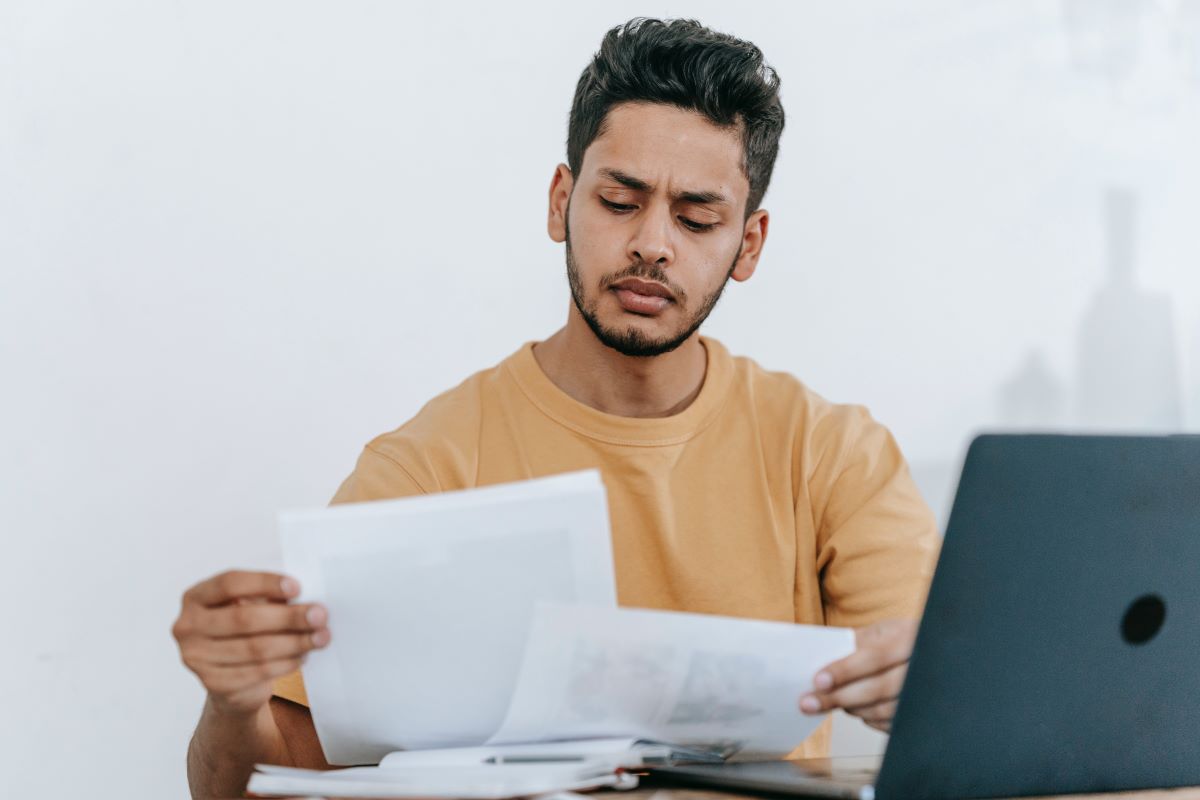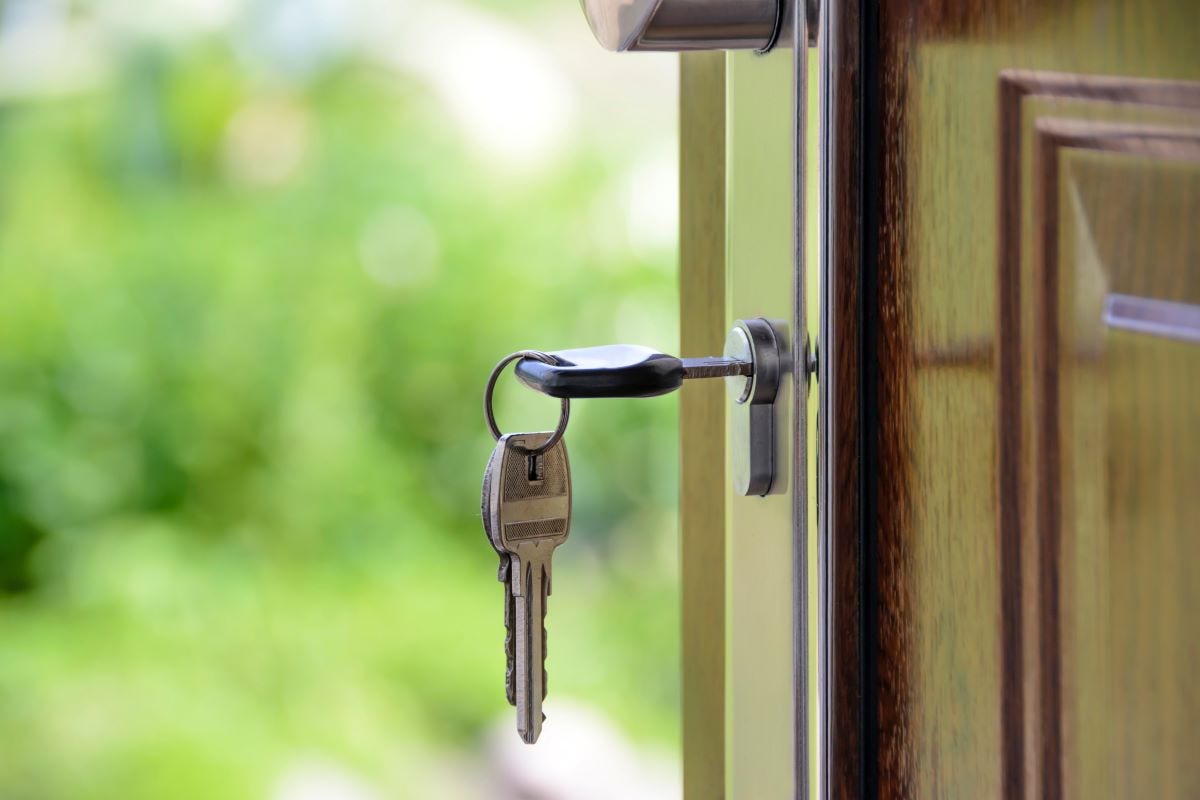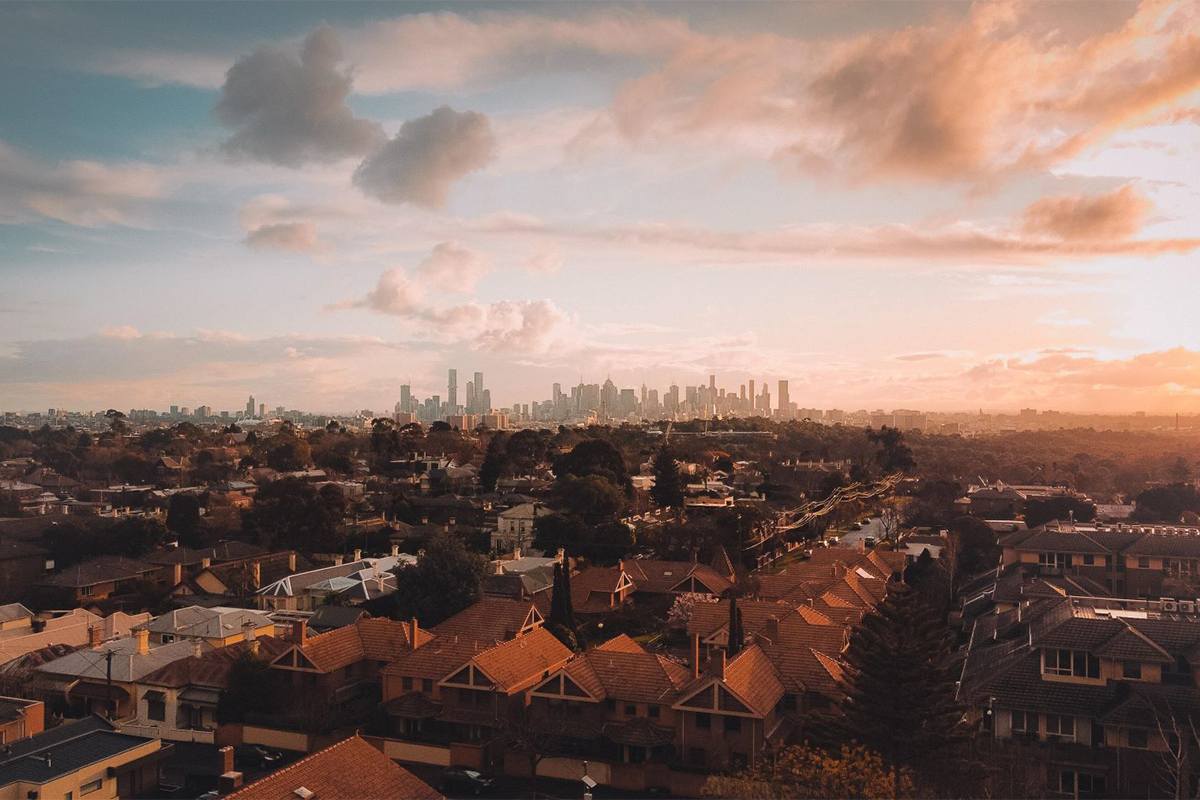
When renting a home in Australia, you can either rent a property through a registered real estate agent or rent directly from the property owner (landlord).
Renting a property using a real estate agency means that a registered agent will act as an intermediary between you and the landlord. They'll help you with the rental process, including showing you the property, processing your application, and managing your bond money.
Renting directly from the landlord is called a private lease (or private rental). This means that the landlord will handle the rental process themselves. This can be riskier for you as a tenant, because the landlord may or may not follow correct procedures. It also means that you would not be able to use the support services offered by real estate agencies.
Here are some of the most common questions international students have about their rights as a tenant in Australia, and what their landlords can and cannot do.
Can my landlord rent me the home if I haven't seen it?
By law, yes, they can. However, it is very important that you see the property before you sign a lease so that you can:
- see for yourself that it is a real listing
- check that the home is clean and secure, without mould or mildew, and that the appliances work
- ensure that the property is in a safe and convenient location, e.g. with transport and to campus nearby, and not too much noise from construction or major roadways, and
- meet the landlord of a private rental property and make sure they are a respectable, kind person.
Can my landlord ask for bond money before I sign a lease?
No. Landlords cannot ask for bond money (‘the bond’) before you sign a lease. It is important to have the contract signed first to protect your rights as a tenant under the law.
Can my landlord hold my bond money?
No. The landlord cannot hold your bond money.
The bond money must be held by your state or territory government's bond authority. It will be held with that authority until the end of the tenancy.
You can usually lodge this directly with the bond authority. However, if your landlord lodges the bond money for you, make sure they give you an official bond lodgment form to complete. After lodgment, they then must provide you with a receipt.
If there's any damage to the property at the end of your tenancy, the landlord can make a claim to use some or all of the bond money to cover the cost of repairs. If the property is left in good condition, the bond will be refunded to you after your ‘end of lease’ or ‘final’ inspection.
Does my landlord need to give me a condition report?
Yes. Your landlord must give you a condition report that outlines the details of any existing damage, such as marks on the walls or stains on the carpet. You'll then need to:
- check that the landlord’s condition report is accurate and if they have missed anything, add it to the report (it's a good idea to also take photos)
- return the condition report to the landlord within seven days of signing the lease
- make sure the report is signed by both you and the landlord, and
- keep a copy for your records.
The report can be used as evidence if there's a dispute about damage to the property at the end of the tenancy.
Can my landlord increase my rent whenever they want?
No. Your landlord cannot increase your rent without giving you proper notice in writing.
Most states and territories prohibit rent rises during a fixed-term lease. However, you need to check that your lease agreement, as it may have a clause that says rental increases are allowed.
If you think a planned rent increase is unreasonable, you can dispute it with your landlord or get help from the relevant state or territory rental authority (listed below).
Can my landlord enter my house or apartment without my permission?
No. Your landlord cannot enter your house or apartment without your permission. However, landlords are allowed to carry out routine inspections after giving you proper notice.
There are different state and territory laws regarding:
- the amount of notice they need to give, and
- how often your property can be inspected.
Can my landlord keep my bond money if I move out early?
It depends on the terms of your lease agreement. If you have a fixed-term lease and you break it by moving out early, your landlord may be entitled to keep some or all of your bond money. You may also need to pay for the advertising for them to find a new tenant.
However, if your lease is month-to-month and you give proper (agreed length of time) notice before moving out, your landlord must return your bond to you, minus any unpaid rent or damages.
Can my landlord evict me without a reason?
No. Your landlord cannot evict you without a valid reason. However, you can be evicted if you do not pay your rent, or you breach the lease agreement.
If your landlord wants to evict you, they must give you written notice and follow the legal process for eviction in your state or territory.
Can my landlord charge me for repairs to the property?
It depends on the nature of the repairs and who caused the damage. Repairs that are the landlord's responsibility include:
- plumbing issues
- electrical faults
- malfunctioning appliances such as your oven or fans, and
- issues with the structure of the house, such as a leaking roof or crack in the ceiling.
However, if the damage was caused by you or your guests, this is your responsibility to get it repaired. For example, if you caused a hole in the wall, you would need to pay for the repairs yourself.
If your landlord fails to repair something in your home, please contact your local tenant rights organisation.
State and Territory tenant rights organisations
If you have any questions or concerns about your landlord's behavior, consult your local student centre or tenant rights organisation, or seek legal advice.
You are entitled to a safe and comfortable rental experience in Australia and there is always someone who can help. If you’re not sure where to start, ask your education provider for advice. All states and territories also have a local student service, hub or support centre to help you, and you can also ask the tenants’ service in your state or territory.
- New South Wales: NSW Fair Trading and Tenants Advice & Advocacy Services NSW
- Queensland: Tenants Queensland and Residential Tenancies Authority
- Victoria: Consumer Affairs Victoria
- ACT: Tenants’ Advice Service and Access Canberra
- Western Australia: WA Department of Commerce and Tenancy WA
- Northern Territory: Tenants’ Advice Service and Consumer Affairs Northern Territory
- South Australia: Consumer and Business Services (CBS) and Tenants Information and Advisory Service
- Tasmania: The Tenants‘ Union of Tasmania and Consumer Affairs


